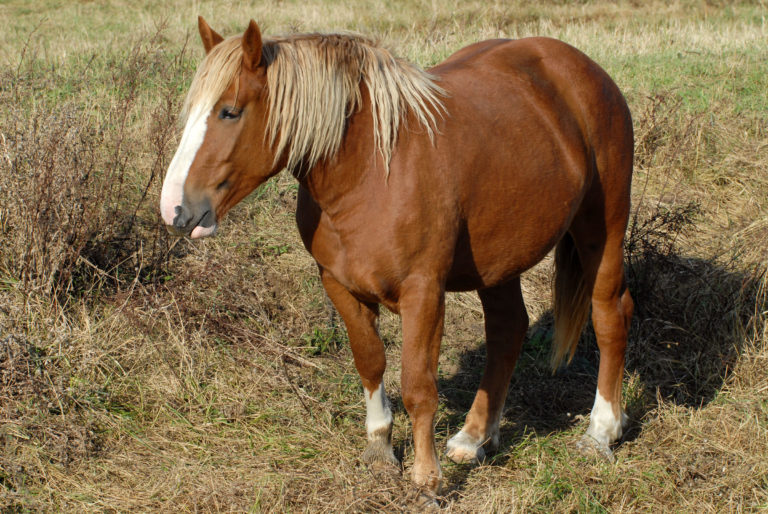
The University of Arizona received approval from the American Veterinary Medical Association today to open the state’s first public College of Veterinary Medicine.
The Letter of Reasonable Assurance, granted by the AVMA Council on Education, or COE, affirms the results of the COE site visit in May. New veterinary schools are evaluated regularly and are eligible for full accreditation after the graduation of their first class of students.
“Agricultural, ranching and related industries drive strong demand for veterinarians in our state and across the nation, and Arizona students will now be able to take advantage of an innovative Doctor of Veterinary Medicine program situated within the land-grant, Research-1 setting provided by the University of Arizona at in-state tuition rates,” said University of Arizona President Robert C. Robbins. “This show of support from the AVMA paves the way for the University of Arizona to become a leader in veterinary medical education.”
The College of Veterinary Medicine is designed as a competency-based, year-round curriculum that will graduate students in three years, allowing them to enter the workforce a year earlier than traditional programs. Students will spend their first two years in pre-clinical courses that focus on active-learning experiences rather than lectures.
“Our goal is that students will have their hands on animals in the first week and all the way through the curriculum,” said College of Veterinary Medicine Dean Julie Funk, DVM. “We have a real focus on making sure that students are learning veterinary medicine in context, looking at what they’re learning in the classroom and how that relates to what they’re going to do in practice.”
Rather than relying on a teaching hospital, the hybrid-distributive teaching model will utilize University of Arizona facilities, including the Campus Agricultural Center, and a network of more than 250 veterinary practices committed to serving as clinical training sites. Students will spend their third year in clinical training rotations at private and corporate practices throughout the Southwest, ranging in scope from specialty hospitals in metro areas to mixed-animal practices in rural areas and zoological facilities including Reid Park Zoo in Tucson.
Assistant Professor of Veterinary Medicine Sarah Carotenuto, DVM, is an urgent care and emergency veterinarian at VCA Valley Animal Hospital, which provides care for all species of companion animals and is the only emergency hospital in Tucson to accept after-hours emergencies of exotic animals.
“We see anything that walks, flies, slithers or crawls through our door, and we always look forward to training young veterinarians in those species and sharing our knowledge,” Carotenuto said of the students the hospital has hosted in the past. “It’s about teaching students how to be a practical veterinarian from day one, with feedback and guidance each step of the way.”
The College of Veterinary Medicine will help fill a desperate need for qualified veterinarians, both within the state and nationally. The need is especially high in rural areas. According to the U.S. Department of Agriculture, Arizona has four regions of designated veterinarian shortage situations, including areas of Maricopa, Pinal, Cochise, Pima, Santa Cruz, Navajo, Southern Apache and Yuma Counties.
“We are also focusing on the needs of rural and other underserved areas for veterinary medicine,” Funk said. “We are hopeful that by being able to offer these highly skilled people a professional degree in state, they’re more likely to stay in Arizona and serve the people of Arizona.”
The Letter of Reasonable Assurance is the first step toward full accreditation by the AVMA COE, which will continue to monitor the College of Veterinary Medicine until its first cohort graduates in 2023. During the provisional accreditation period, graduates are fully eligible to sit for licensure to practice veterinary medicine.








